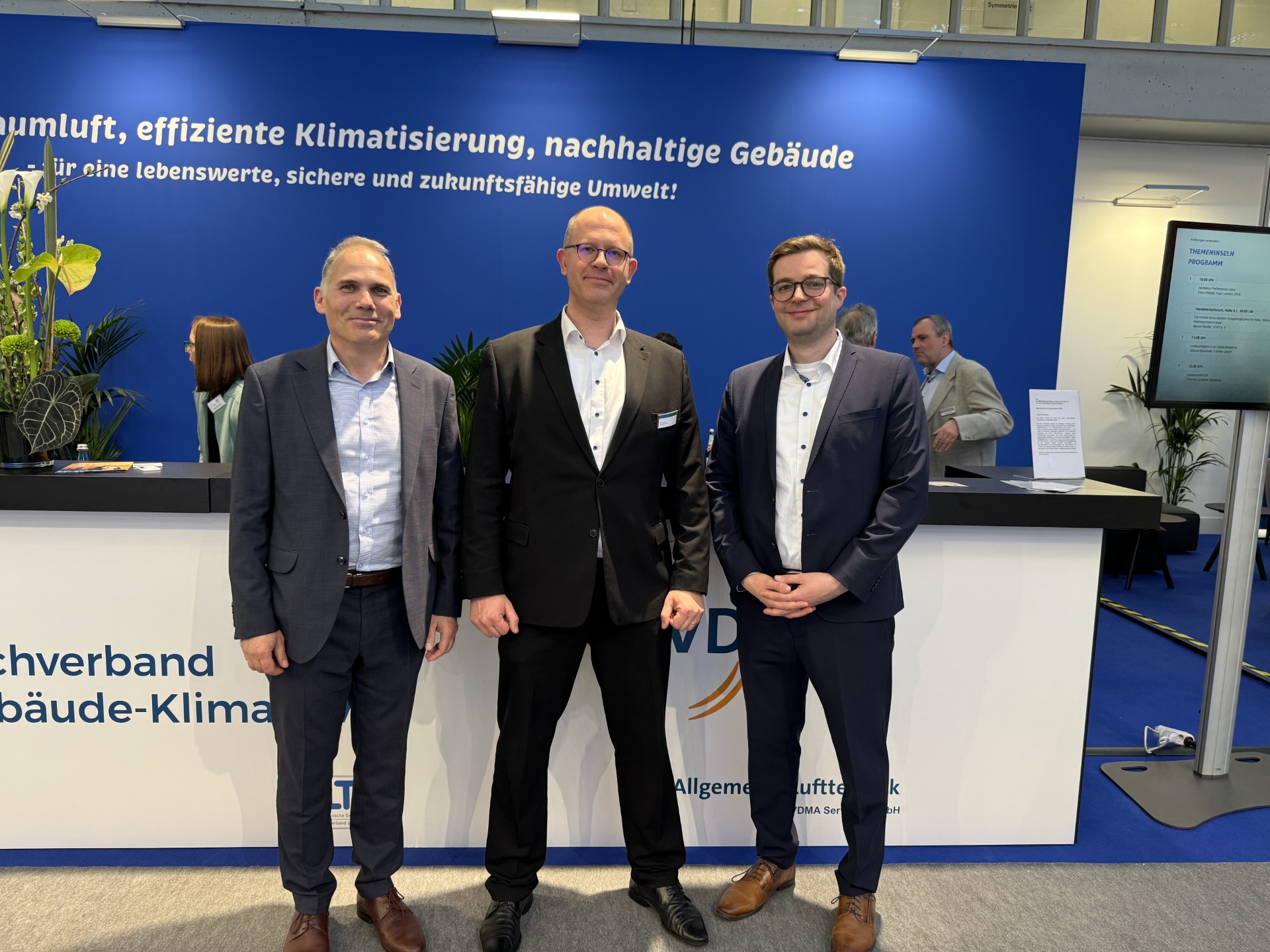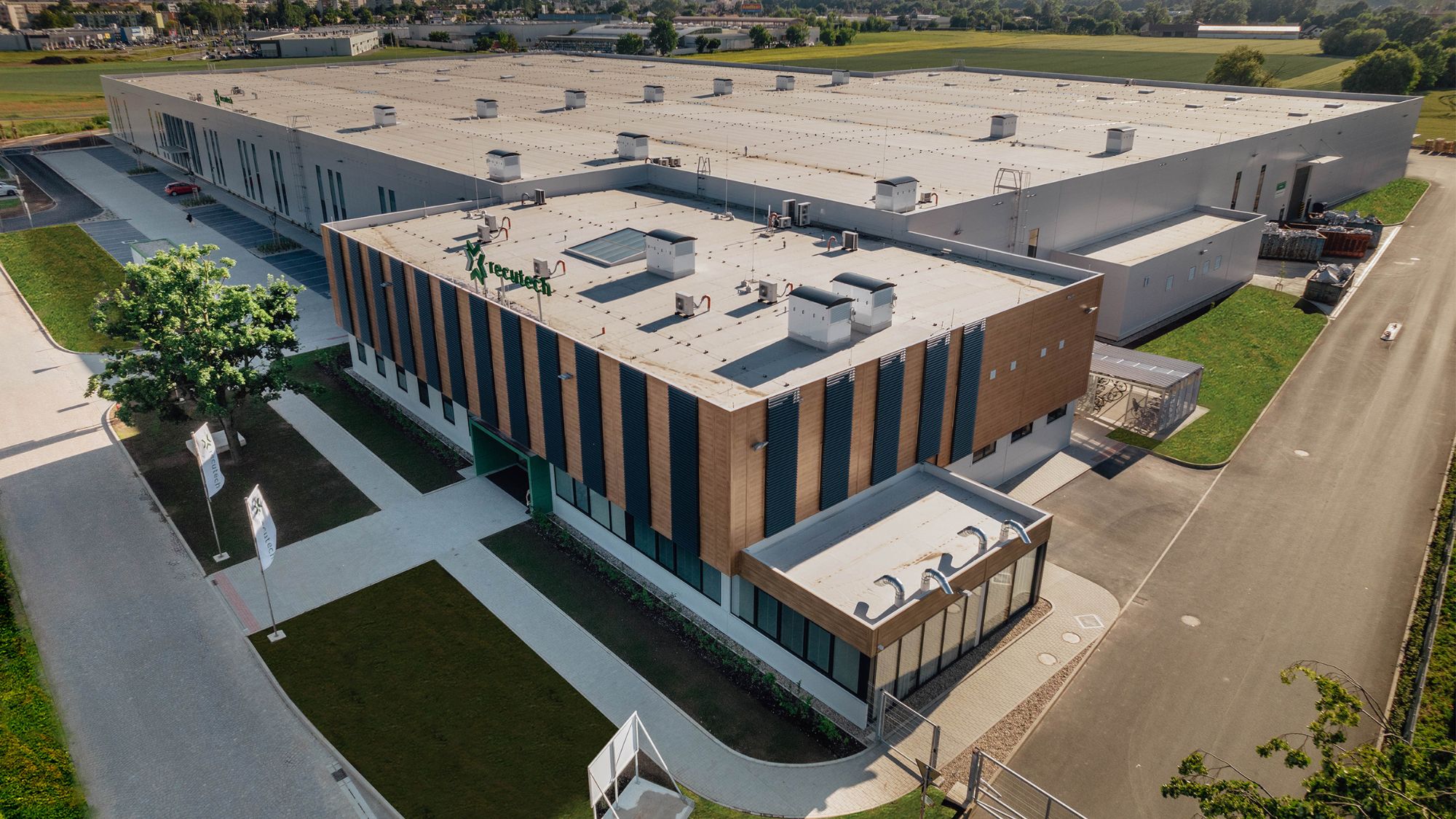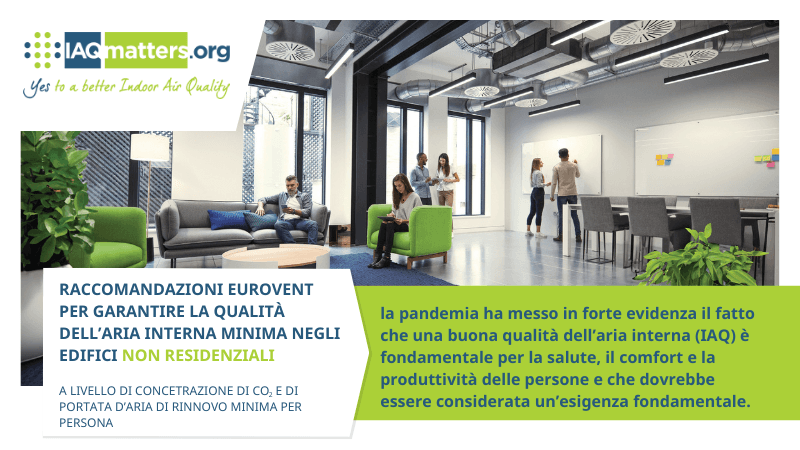Martin Lenz is the Chairperson of the Eurovent Product Group ‘Air Handling Units’ (PG-AHU) and The Head of International Business Development at TROX GmbH. In this interview, he sheds some light on the activities of the PG-AHU.
Could you tell us about yourself and how you got involved in the HVACR industry?
My name is Martin, and I am 38 years old, married and have two wonderful daughters. After having studied mechanical engineering with a focus on product development in a dual system including an apprenticeship at Bosch, I started working for TROX in the HVACR sector as Development Engineer. Before being part of this wonderful sector, I did not know much about it, but within a short period, I realised how exciting it was to work in this sector. What I like a lot, on the one hand, is that it is so close to people and people’s needs. The impact on human beings, their health, quality of life and safety is incredibly high. Not only related to the buildings where people are present and benefit a lot from good indoor air quality but also to make processes that have significant importance for people such as pharmaceutical production plants or the food industry possible. On the other hand, the impact of HVACR on the world’s energy demand and environmental impact is very high. So the challenge and our responsibility is always to improve the effectiveness and sustainability of solutions but at the same time keep a high level of performance. That is what I find so exciting about being part of the HVACR sector.
What are the main focus points of the Product Group ‘Air Handling Units’ and could you tell us the current challenges in the sector and how the Product Group is tackling them?
In general, all our focus points are somehow related to one of the following three main topics: Energy, Sustainability and IEQ (Indoor Environmental Quality). In terms of energy, many work items are related to European legislation. One example is the ongoing review of Ecodesign for ventilation units where we spend much effort in finding the right measures to have an updated regulation that technically makes sense and ensures again more efficient ventilation units in Europe in the future. Apart from topics related to laws, of course, we always work on issues that educate the market related to all energy topics. Also here the group’s target is always to save energy.
Energy consumption is no longer the only thing that matters when it comes to contributing to climate protection with the right solutions. That is the reason why the focus transfers more and more to a comprehensive assessment of the product’s environmental impact and sustainability. The main topics here are currently EPDs for AHUs and the F-Gas Regulation because AHUs with integrated heat pump technology will be affected by this.
Next to energy and sustainability for our Product Group, it is highly important that we bring in more of the needs and benefits of AHUs in the foreground. People should never forget that the main purpose of AHUs is not to save energy. These products have important tasks to do and have a significant importance in today’s world. So working out and promoting all the advantages of mechanical ventilation units and their necessity for a high level of IEQ is one focus topic that we deal with. That is also the reason why we highly appreciate that the latest Energy Performance of Buildings Directive (EPBD) requires member states to develop laws that include requirements on IEQ.
Challenges that we are faced with are mainly linked to European legislation. There is still a lot of space for misinterpretation in existing laws and sometimes we wish for a much stronger need for ventilation systems. We are still confronted with people who believe that an HVAC system including fresh air is mainly consuming energy and that opening the windows would be good enough. Sometimes this can be frustrating. Another challenge is that we still see local market barriers in the European Union. Sometimes even argued with European laws. So European Harmonisation is a challenge in all cases, currently especially in the field of Environmental Product Declaration (EPD).
Could you elaborate on what the Eurovent Recommendation 6/19 – Life Cycle Cost calculation for Air Handling Units focuses on and who could benefit from it?
First of all, we are very proud that we were able to develop and publish this wonderful and useful paper. It provides detailed calculation methods based on physics or standards to assess the complete life cycle of an air handling unit. Of course, the major impact on costs and sustainability today is related to the energy demand during the life cycle. Nowadays, many people select AHUs just by taking into account the technical data of components in the nominal duty point for energy assessment. Of course, by this, you cannot identify the best solution for an individual application and location. After implementing the methods described in the new recommendation in an AHU selection software, one can better select and choose the best unit for an individual application, based on life cycle simulations. This approach makes a real difference and is much closer to reality. So in the end, many people will benefit from this comprehensive assessment of AHUs. It will lead to a better fit of units and result in more efficiency and less environmental impact.
The Eurovent Recommendation 6/19 is available for download free of charge in the Eurovent Document Library.








